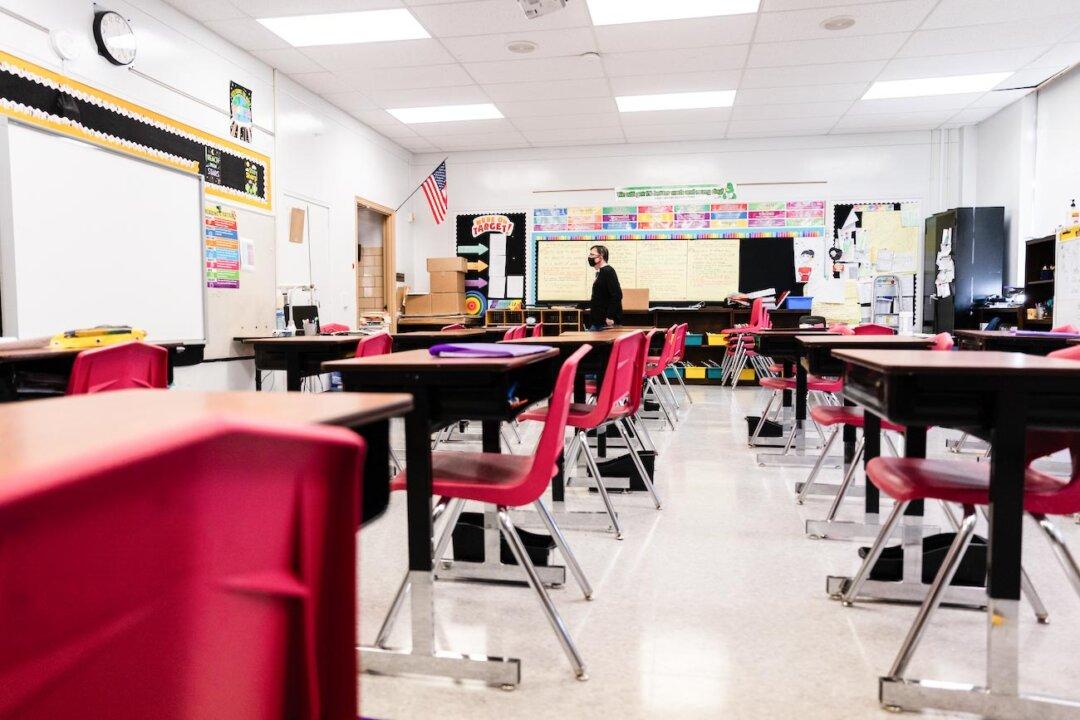Kentucky recently joined other Republican majority legislatures across the U.S. to ban permanent transgender medical treatments for minors. In the wake of Kentucky passing a bill banning discussion of sexuality and gender in schools, one of the state’s largest school districts is offering a variety of transgender inclusion training to teachers.
Each month, the Jefferson County Public School District (JCPS) offers its teachers professional development opportunities, including trainings from the Department of Diversity, Equity, and Poverty (DEP). Starting in September, the JCPS DEP office is offering a variety of trainings on topics like equity, diversity, and transgender inclusion, among others.





